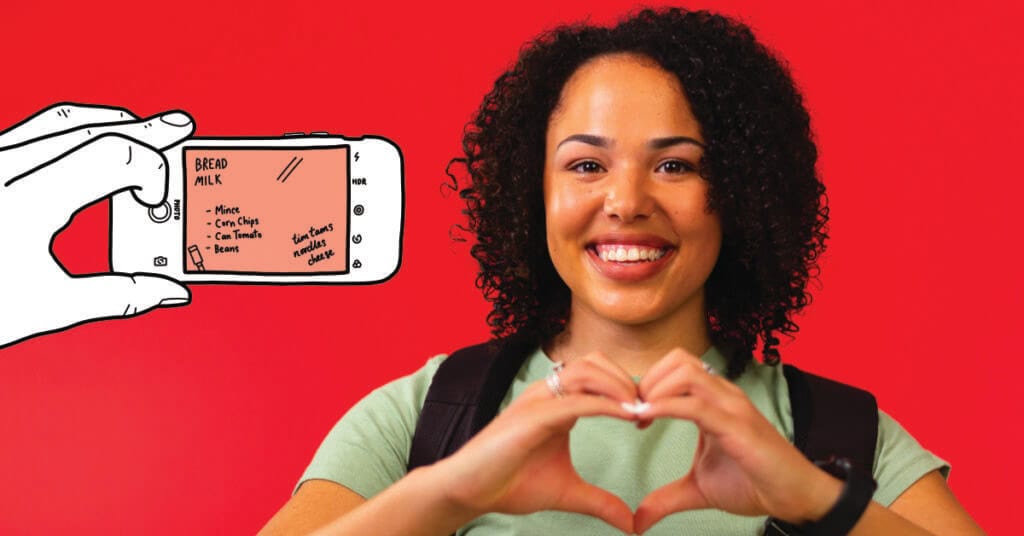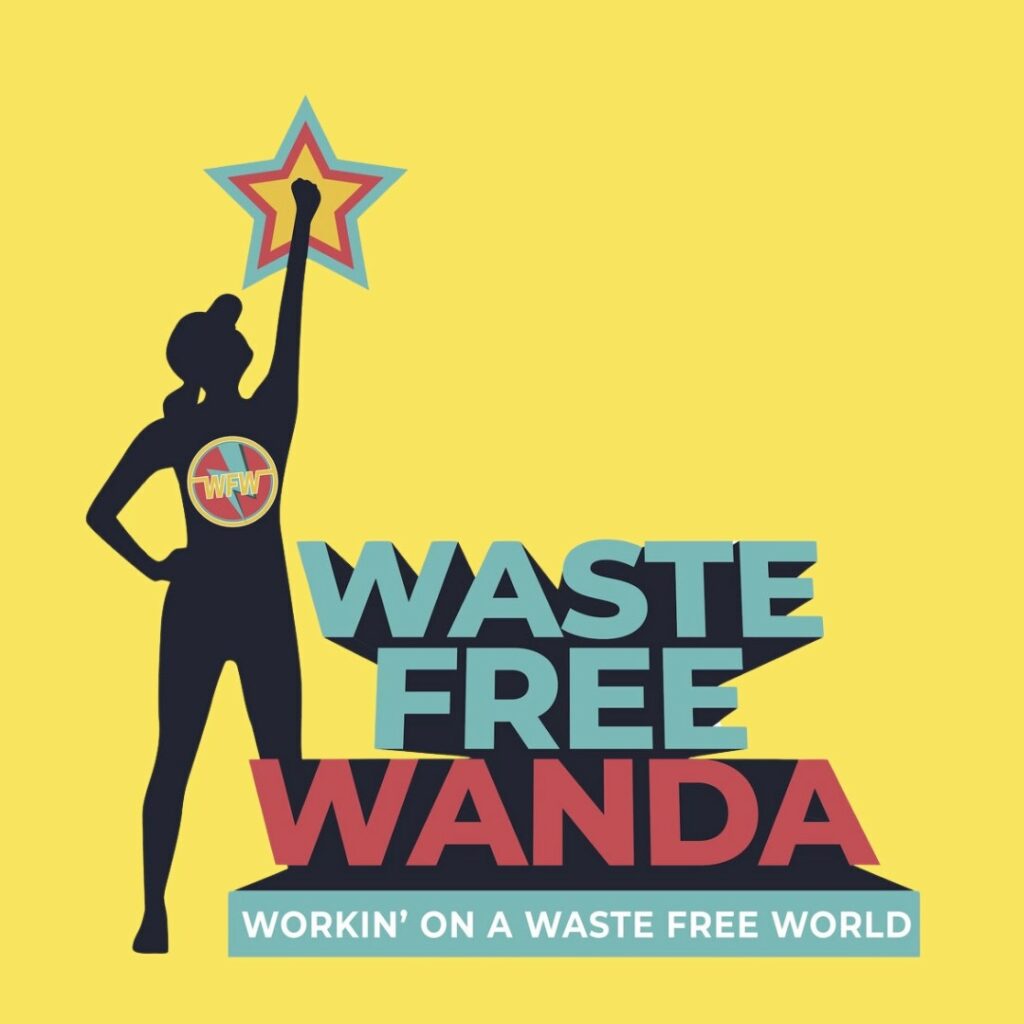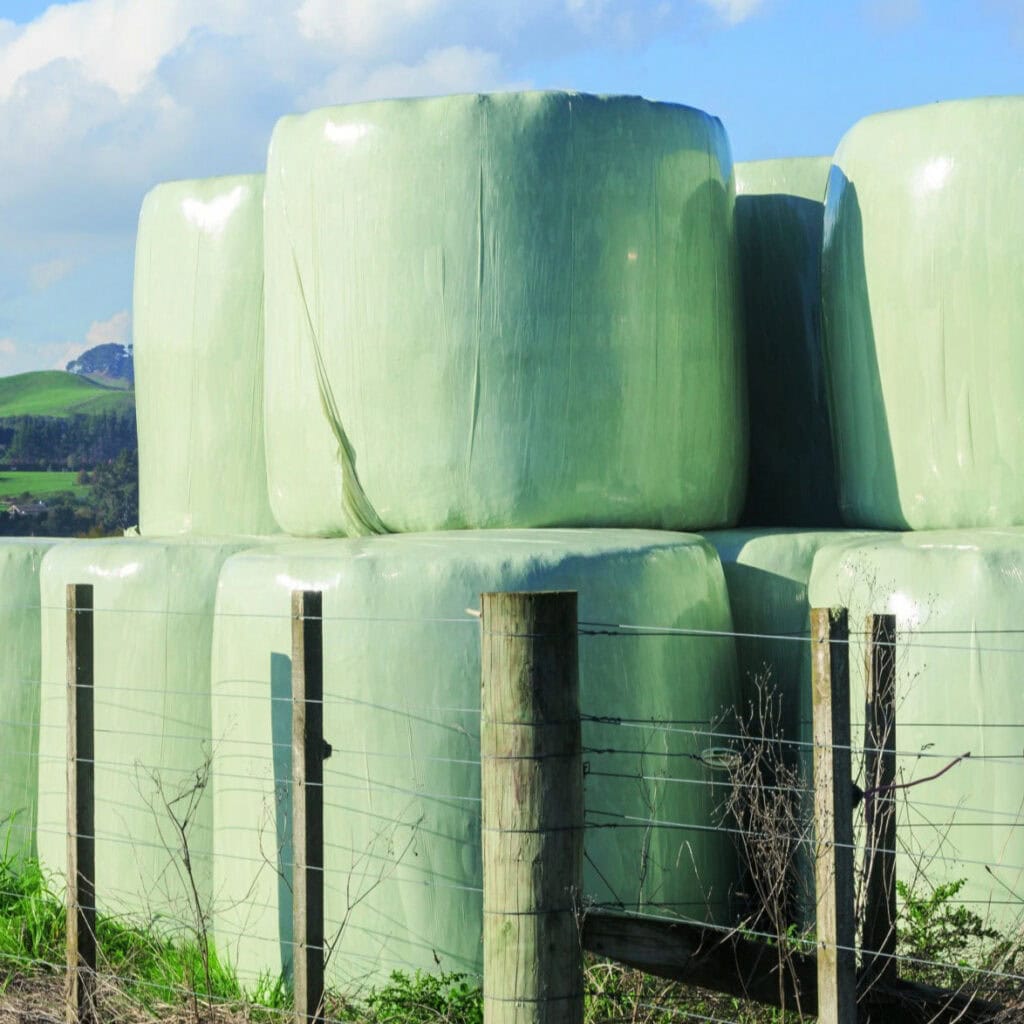Waste Minimisation
minimise waste Resources

Love food hate waste
Love Food Hate Waste research has found that while 74% of us make a shopping list, only 55% of us think we stick to it and the reality is probably even fewer actually do.
Every year, Kiwis waste $3.2 billion dollars worth of food. That’s $1,510 per household, per year. Overbuying is a main source of food waste, so we teach Kiwis how to make the most of their food through resources, recipes, and tips.
Check out their top tips for how to shop with a list and stick to it!
Waste Free Wanda

Waste Free Wanda is an interactive stage show for primary-aged children. Written and performed by award-winning singer/songwriter Anna van Riel, this one-woman musical gives young audiences solutions on how to combat single-use plastics, protect our environment, and have the confidence to implement them.
With powerhouse anthems and solutions that stick, Waste Free Wanda is an entertaining, educational solution that shows us how we can reduce our waste and discover tools that prevent us from counting solely on recycling to save our planet.
tyrewise

Tyres help us every day. But when they’ve done their job, we need to dispose of them properly.
Tyrewise is Aotearoa’s first regulated product stewardship programme. It minimises the environmental impacts of end-of-life tyres, with its clear pathway from tyre service providers and collection sites to processing partners, which recycle and repurpose them into other useful products.
Ensure tyres are kept from illegal dumping, stockpiles and landfill. Find a registered partner by checking out the Tyrewise website.
Farm Plastic Recycling

Recycle South genuinely recycles your bale wrap, cut-to-size silage covers, plastic drums, and LDPE and HDPE farm plastics right here in Southland.
Their innovative solution allows them to process plastics into resin pellets that are exported as a clean and reusable material. The pellets are categorised by quality and strength before they are manufactured into new plastic products.
By recycling your ag plastics with Recycle South, you are supporting people with disabilities in the south.
How you can Help reduce your waste
We are committed to helping our community minimise and manage waste and recycling effectively. Take a look below for great tips to help your household or business do your part.
The most effective way to cut down on landfill waste is to prevent it from happening in the first place. By making conscious choices and adopting sustainable habits, we can all contribute to a cleaner planet.
Here are some top tips to help you get started:
- Avoid Single-Use Items: Say no to disposable products like plastic straws. Opt for reusable alternatives such as your own cups, drink bottles, takeaway containers, and shopping bags.
- Embrace DIY: Why not make your own cleaning products, beauty essentials, or grocery items? There are numerous recipes available online, and resources like The Rubbish Trip can guide you.
- Stop Junk Mail: Place a “No Junk Mail” sticker on your letterbox to cut down on unwanted mail. These stickers are available for free at your local Council office or can be purchased from stores like Mitre10. Also, consider opting out of printed directories like the Yellow Pages in favour of digital versions.
- Bring Your Own Reusable Items: When buying a drink, bring your own reusable straw or cup to avoid single-use plastics.
- Reject Wasteful Freebies: At events, parties, and conferences, politely decline freebies that could end up as waste.
By incorporating these simple practices into your daily routine, you can make a meaningful impact on reducing waste and promoting sustainability.
Waste minimisation is the practice of reducing the amount of waste we generate and dispose of. Its main goal is to achieve a more sustainable way of living that will ensure the future of our planet.
In 2016, New Zealanders sent an average of 730.6 kilograms (kg) to landfill per person*. This means:
New Zealand is currently one of the highest producers of waste in the developed world. We’re wasting the natural resources that went into creating the products in the first place, which in turn puts pressure on those that remain. We’ve adopted a throw-away culture that is ‘enabling’ us to pollute our land, air, water and associated ecosystems. Any unnecessary waste we create here also contributes to worldwide pollution.
Minimising our waste is key to protecting ourselves, our natural world, and our future.
*Ministry for the Environment
Minimising waste starts with a simple principle: reduce. By focusing on waste prevention, we can significantly decrease the amount that ends up in landfills. Here’s how you can easily incorporate reduction into your daily routine.
Reduce
Reducing waste means avoiding it in the first place. Here are some straightforward ways to cut down on waste:
Choose Loose Produce – Opt for loose fruits and vegetables instead of pre-packaged options.
Bring Your Own Containers – Take your own container to a sushi shop or any other eatery that uses disposable packaging.
Skip the Straw – Request that your drink be served without a straw at bars or cafes.
By following these simple steps, you’ll generate less waste to dispose of in the first place.
Reuse
Next on the waste hierarchy is reusing. This approach focuses on finding new uses for items rather than discarding them:
Use Reusable Bags – Bring the same bags to the supermarket every time you shop.
Carry a Reusable Water Bottle – Most cafes will happily refill your bottle, reducing the need for single-use plastic bottles.
Repurpose Items – Old t-shirts and clothing can be repurposed by turning them into rags for cleaning.
By reusing items, we extend their lifespan and reduce the need for new resources.
Recycle
Recycling is a familiar concept that involves converting waste into new materials or products. It’s an essential part of waste management because it conserves energy and reduces the need for raw materials. However, recycling is not without its challenges.
Recycle Correctly – In March 2023 the Government announced that for the very first time, there would be a consistent recycling service across the country. They set out exactly what can and can’t be recycled in your kerbside bins, so we’ll have the same recycling rules all over New Zealand. Having standardised recycling rules will make it easier for people to use our kerbside services and get recycling right. It will also increase the quality of the materials collected, by reducing the amount that is contaminated.
Know the Limits – Some materials can only be recycled a limited number of times, and contamination can lead to recyclable items ending up in landfills.
While recycling is crucial, it’s most effective when combined with efforts to reduce and reuse. By prioritising these practices, we can make a more significant impact on reducing waste.
So, while it is great to recycle, we should all be encouraged to look at how we can reduce and reuse!
Every busy household produces waste—that’s a given. But tackling it can be easier than you think! Your home is the perfect place to kick off your waste reduction journey, and we’ve got some easy tips to help you along the way.
Got more rubbish than you can fit? Drop it off at the Lincoln Street Resource Recovery Centre.
Ready to Cut Down on Waste?
Start with a Waste Audit: A waste audit is a great way to see exactly what you’re throwing away and find out how to reduce it. Here’s how to do it:
- Gather Your Bins: Bring your rubbish and recycling bins together.
- Sort and Separate: Divide the contents into piles.
- Estimate or Weigh: Figure out how much waste is in each pile (weigh it if you can).
- Document: Keep track in a table or with photos.
- Make Changes: Identify one or two items you can swap out or reuse.
Small steps can make a big difference. You can always do follow-up audits to see how you’re doing and find more ways to cut down on waste.
Or Tackle One Room at a Time: If a full audit feels like too much, start by focusing on one room. For instance, try eco-friendly swaps for your bathroom first, then move to the kitchen, laundry, and beyond.
Remember, it’s your waste reduction journey! Make changes that fit your lifestyle and pace. Every little bit helps!
Keep Scrolling for More Tips: Explore more tips on reducing waste at home and see how easy it can be to make a positive impact.
Waste Management and Minimisation Plan
Working together for zero waste
This joint Waste Management and Minimisation Plan (the Plan) presents a vision for the region, recognising the need to work together to maximise opportunities to divert waste from landfills. But also noting challenges to the recycling markets that will continue to impact the services we deliver.
Southland Waste Management and Minimisation Plan 2020-2026
PDF File | New Window

